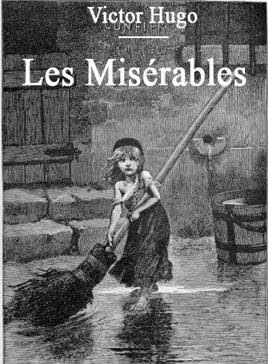"After his death, memory of his politics was conveniently erased and he was refashioned as the quintessential author of boys' adventure stories. He thus became, and remains, perhaps the most misunderstood figure in the American literary canon."
Jack London wore a lot of hats. At various times he was a sailor, a rancher, a tramp, a manual labourer, a proselytizer, and a prospector, amongst other things. His one truly consistent occupation was that of writer, an occupation at which he laboured diligently for most of his life. In Wolf biographer James L. Haley traces how London's disparate experiences informed not only his writing, but also his very ardent socialism. From a young age London was exposed to the harshest realities of life and ever after he would gravitate towards those people most abused by the Capitalist system.
Haley goes to great lengths to show the development of London's political views as well as his eventual disillusionment and resignation from the Socialist party. This aspect of London's life is fascinating, particularly in terms of how he reconciled his beliefs with his own growing wealth, and Haley touches on how London moulded his Socialism to his own circumstances, arguing that the exploitation of the labouring poor is the enemy rather than Capitalism itself.
However, as much depth as Haley gives to London's political beliefs, he does take a rather soft approach to allegations of London's racism. His strategy of simple denial (so simple that it verges on dismissive) is also applied to the possibility that London had sexual experiences with men, and throughout the book he dangles these questions in front of the reader only to quickly deny their plausibility again and again, making some bizarre assertions in the process. Stating, for example:
"That [homosexuality] was practiced in dark corners of the Sophia Sutherland there can be little doubt, but whether London accepted this as a requisite of being a man among men in this womanless environment - his frank exposition of it to Michael Monahan suggests that he may have, but his full-bore heterosexuality in the company of women may suggest otherwise - we don't know."Becoming an fervent ladies man and serial philanderer may be a sign of uncompromising heterosexuality but it may also be a sign of overcompensation for past same-sex indiscretions. London's sexuality and his feelings regarding race are likely more complicated than a simple "yes" or "no," but Haley's treatment of these questions illuminates very little.
Still, Wolf is a very readable and engaging book that actually focuses on the development of the subject as an artist rather than devolving into a laundry list of the subject's sexual partners, a trap into which a fair number of biographies fall. Wolf is a biography that clearly has a lot of respect for its subject as an artist and, whatever its flaws, I think that Haley does a good job in reminding us why London is essential to the American canon.




